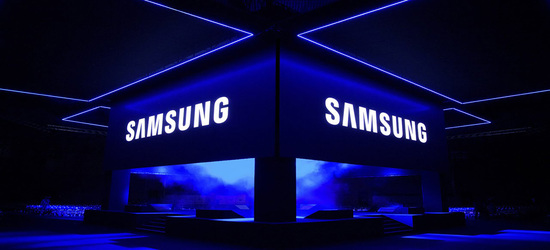South Korea’s primary stock index, KOSPI, took a hit today as Samsung Electronics Co Ltd (KRX: 005930) encountered a significant setback in passing Nvidia Corp’s (NASDAQ: NVDA) critical chip test.
This stumble has sent ripples through the market, underscoring the close ties between leading corporations like Samsung and the broader performance of the export-driven South Korean economy.
Samsung’s HBM3E chips fail Nvidia test
Shares of Samsung, a cornerstone of South Korea’s economy and a global leader in semiconductor manufacturing, fell by more than 2% on Wednesday.
This drop followed reports that Samsung’s fifth-generation high bandwidth memory chips (HBM3E) failed to meet Nvidia’s stringent testing standards.
These high-performance memory chips are essential for advanced computing systems used in AI data centers.
While Samsung’s fourth-generation HBM3 chips did pass Nvidia’s test, the failure of its newer generation product raises concerns about Samsung’s competitiveness in the rapidly evolving semiconductor industry.
SK Hynix benefits from Samsung’s misfortune
In contrast, rival SK Hynix Inc saw its shares rise by 1.7% today, benefiting from Samsung’s setback. SK Hynix, which already supplies high-end chips to Nvidia, may see its market position strengthen as a result of Samsung’s difficulties.
Despite this gain, the overall impact on KOSPI was negative. The index dropped by about 0.5%, even though other sectors like eCommerce and biopharmaceuticals performed well.
Investors are also cautious ahead of second-quarter earnings reports from major exporters such as SK Hynix, Kia, and LG Energy Solutions, expected tomorrow.
These reports are anticipated to provide deeper insights into the health of South Korea’s export sector and could significantly influence market sentiment.
Bright spots amidst the gloom
Not all news was negative for South Korea on Wednesday. Consumer sentiment in the country reached its highest level in over two years in July, as inflation continued to ease, according to a survey by the central bank.
This positive economic indicator suggests that domestic economic conditions may be improving, despite the challenges faced by major corporations like Samsung.
Additionally, the Korean won gained slightly (0.17%) against the U.S. dollar, offering a small measure of stability amidst the stock market turbulence.
The bond market also demonstrated positive signs, with yields on three- and ten-year Korean treasury bonds declining, indicating increased demand for fixed-income securities.
Samsung’s setback with Nvidia’s chip test has underscored the volatility and interconnectedness of the South Korean stock market. While Samsung’s troubles pulled down KOSPI, rival SK Hynix benefited, showcasing the competitive dynamics within the semiconductor industry.
Investors remain cautious as they await key earnings reports from major exporters, which will provide further insights into the health of South Korea’s export-driven economy.
Despite these challenges, there are pockets of optimism. Improved consumer sentiment and a slight gain in the Korean won point to a resilient domestic economy. As South Korea navigates these mixed signals, the performance of its major corporations will continue to play a critical role in shaping market sentiment and economic outlook.
The post Samsung setback drags South Korean stocks as Nvidia test falters appeared first on Invezz



